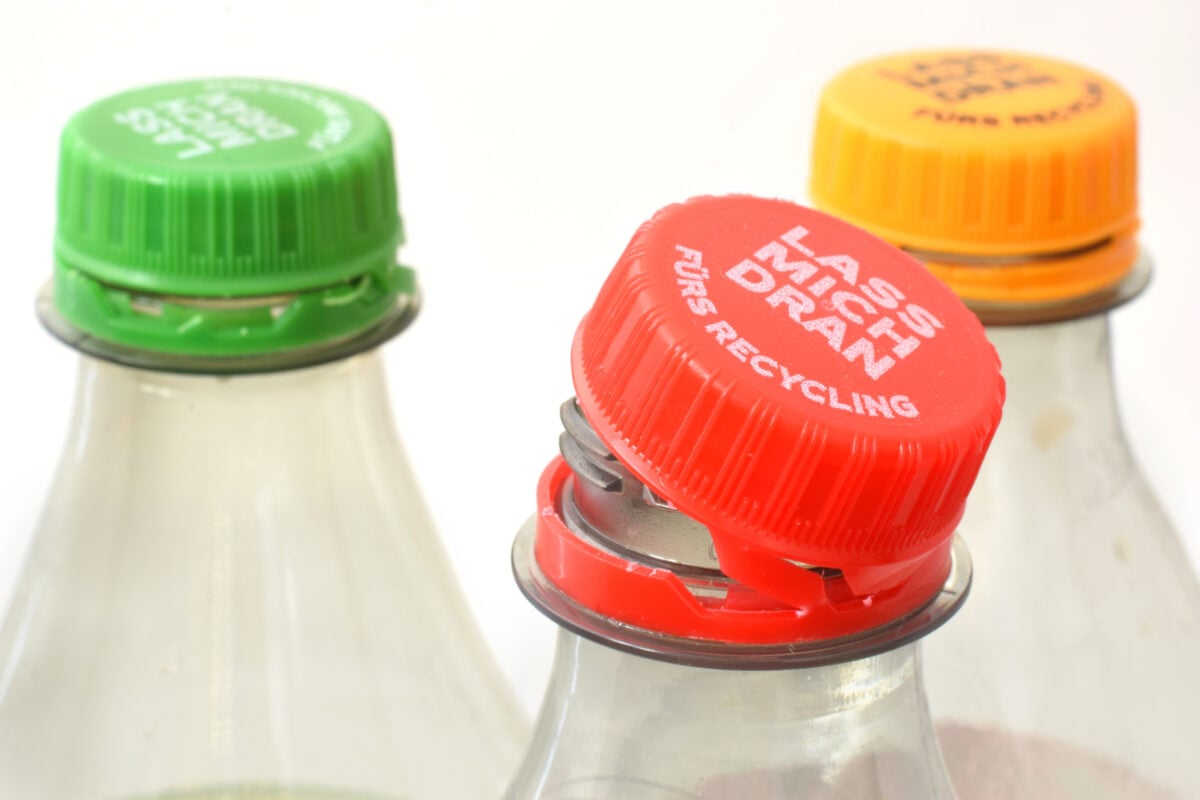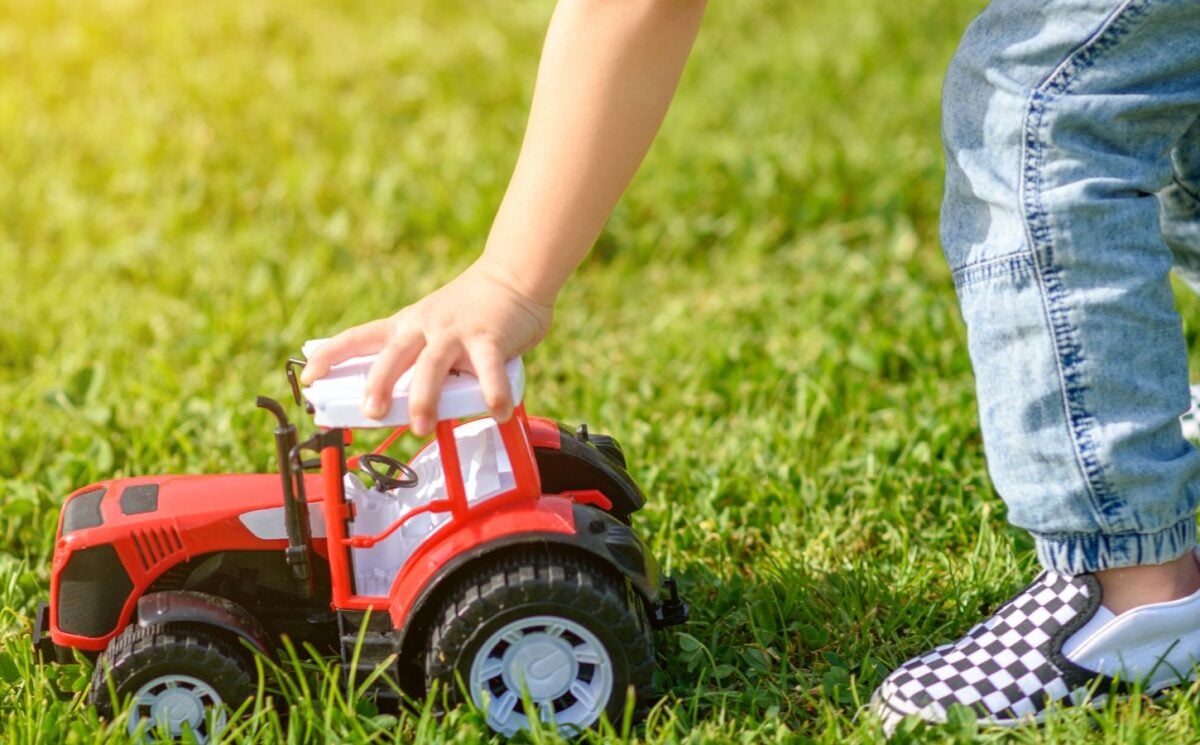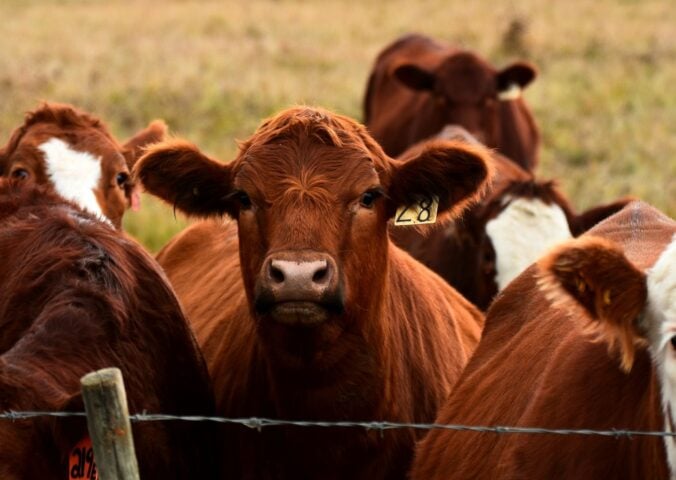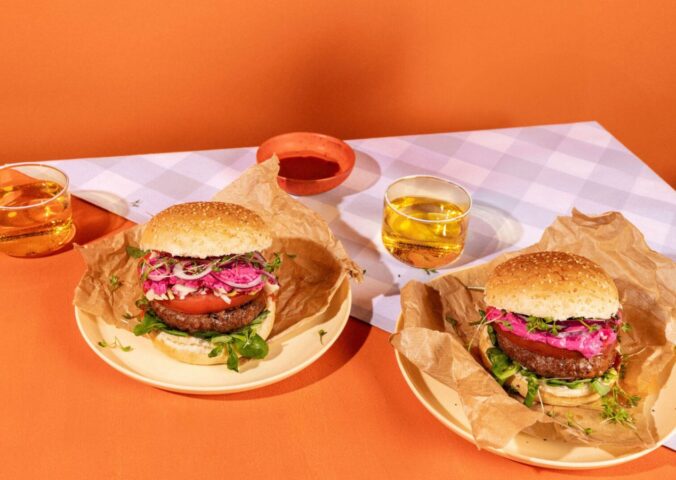Retailers should avoid creating certain everyday items with red, blue, and green plastics over fears that they turn into microplastics more quickly, environmental researchers have warned.
Read more: Company Raises $3.2 Million For Plant-Based Pigment Development
Brightly colored plastic is regularly used to make everything from children’s toys to soft drinks bottles. According to a University of Leicester-led study, these degrade more quickly than silver, black, and white plastic, meaning they contribute more to the ever-growing global threat of microplastic pollution.
Researchers found that the colorant used in plastics can “significantly” affect the way they break down. It found that red, green, and blue plastics became “very brittle and fragmented” over a three year period. Plainer colors, in contrast, remained mostly unaffected in that time period.
The research

In one study, bottle caps of various colors were put on the roof of a university building for three years, meaning they were exposed to rain, sun, and all the elements. A second study analyzed discarded bits of plastic found on a South African beach.
Read more: 81% Of USA Sandwich Bags Contain Toxic ‘Forever Chemicals’
In both studies, brightly colored plastics were observed to break down faster. In the South African study, researchers couldn’t find any whole colored plastic items – but the sand was full of microplastics. According to the authors, the black, white, and silver colorants protect the plastic from UV damage.
“It’s amazing that samples left to weather on a rooftop in Leicester in the UK and those collected on a windswept beach at the southern tip of the African continent show similar results,” said study leader Dr Sarah Key. “What the experiments showed is that even in a relatively cool and cloudy environment for only three years, huge differences can be seen in the formation of microplastics.”
What are microplastics?
Microplastics are exactly what they sound like – tiny plastic particles. The term “microplastic” is generally used to describe pieces of plastic that are less than 5mm in diameter. They originate from a variety of sources, such as larger plastic products, microbeads in personal care products, and synthetic fibers shed from clothing. Due to their small size, microplastics are pervasive in the environment, found in oceans, rivers, soil, and even the air. They are consumed in food, drunk in water, and one recent study even discovered them in human testicles.
Microplastics pose a threat to the planet and human health. Experts, including Dr Key, are calling on manufacturers to take greater care when designing their products.
“Manufacturers should consider both the recyclability of the material and the likelihood of it being littered when designing plastic items and packaging,” she said. “For items that are used outdoors or extensively exposed to sunlight, such as plastic outdoor furniture, consider avoiding colours like red, green and blue to make them last as long as possible. Where the plastic is designed to break down, such as by using pro-oxidant additives, consider the role that colour could play in this.”
Read more: Climate Crisis Makes UK’s Heavy Rain And Storms 10 Times More Likely, Study Finds






